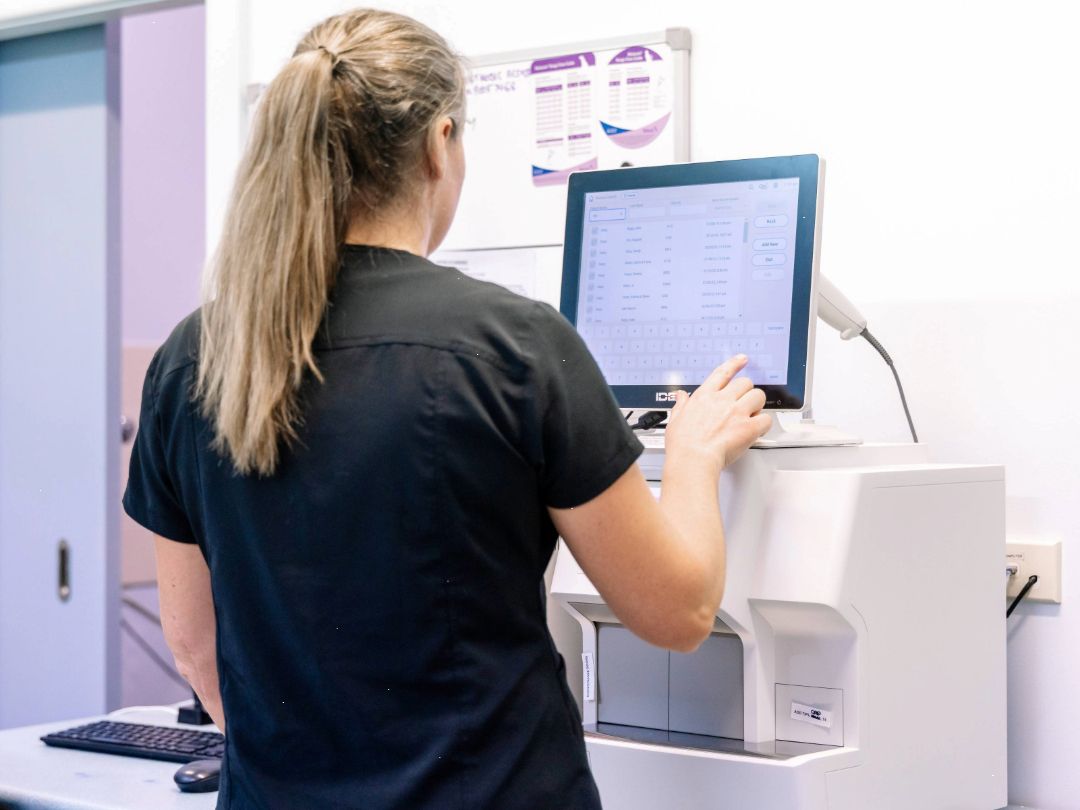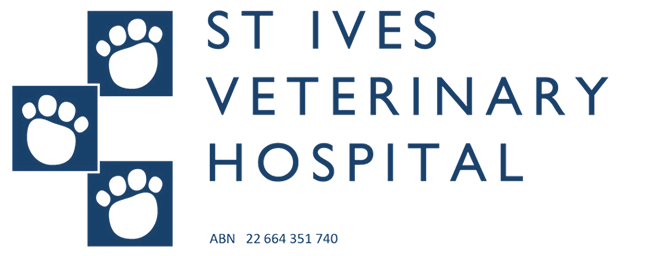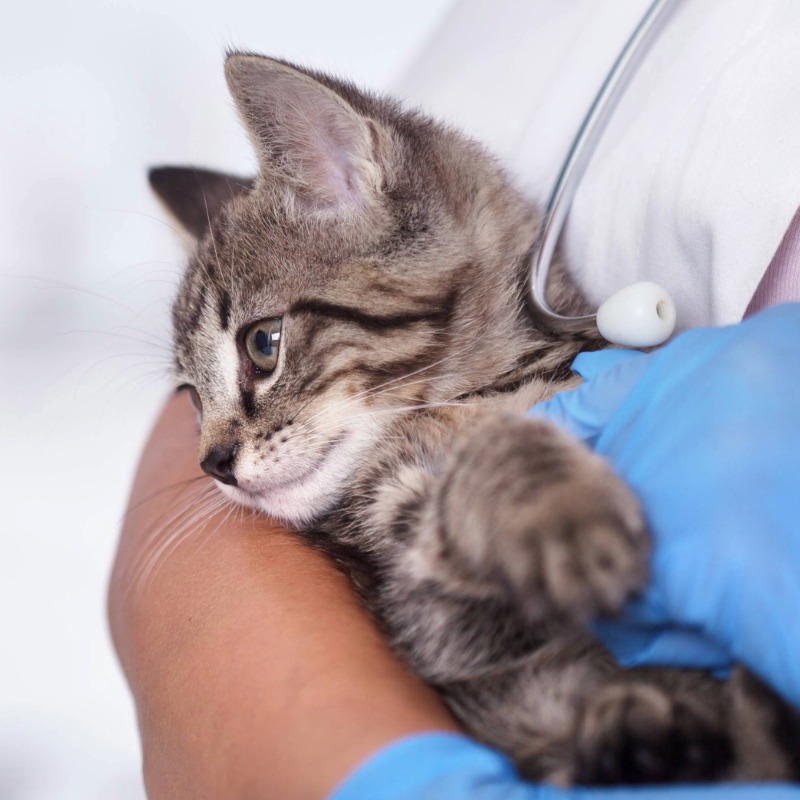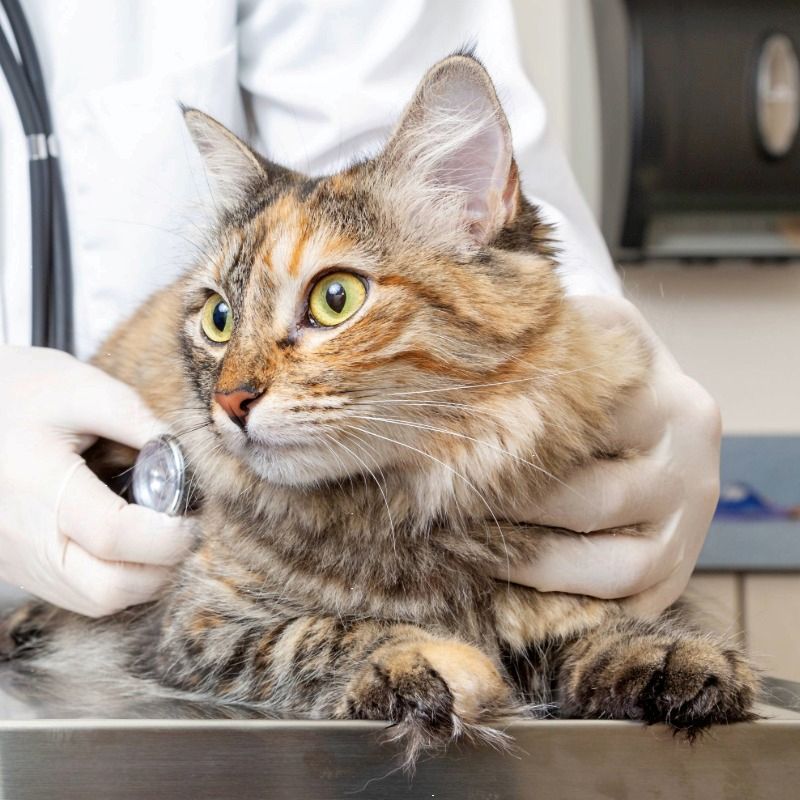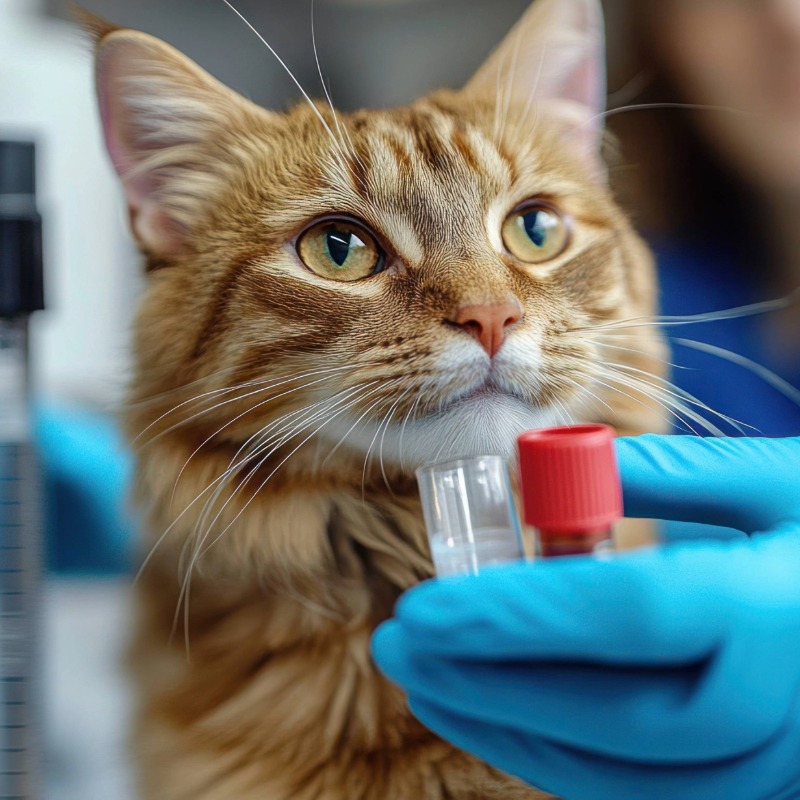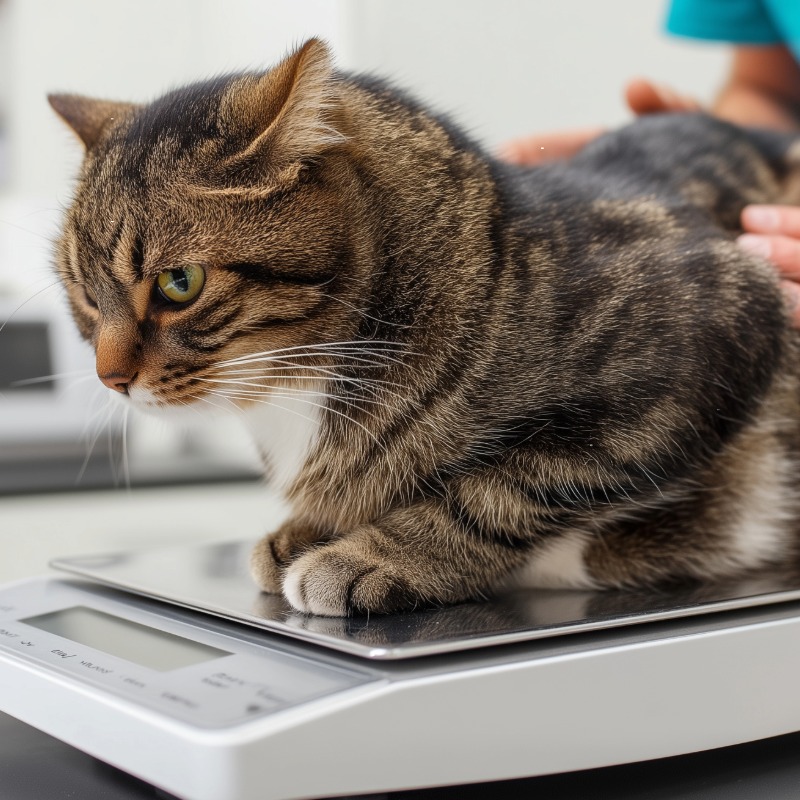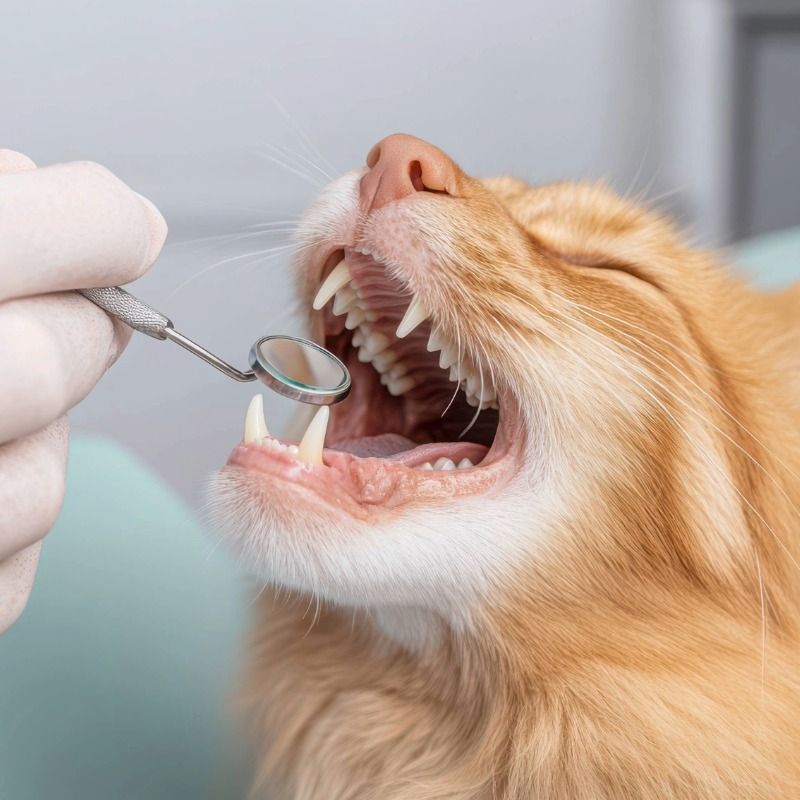Health Checks & Vaccinations for Cats
Talk to us about your cat’s vaccinations and which vaccinations they require. Our dogs age at a much faster rate than their humans hence annual check-ups are important as more can change for them in a year than for us.

By 12-18 months of age, most cats have already reached adulthood. At 4 years old, many are entering middle age. By the time your cat is 7 years old, they are considered “seniors” – you can always check in with our team about changes in their requirements as the get older, such as their diet, exercise and brain-training!
Because pets age so rapidly, major health changes can occur in a short amount of time.
The risk of heart disease, arthritis, kidney disease, cancer, diabetes, obesity and other serious conditions all increase with age.
Early detection is important and annual health checks can help your veterinarian diagnose and treat any problems early, or even prevent them from occurring altogether, therefore enabling the best possible outcome and life for your pet.
Annual health checks also offer you a great opportunity to ask us about nutrition, behaviour or any other topics you can think of.
Some important annual health screenings that your vet will perform at an annual health check will include.
Physical Examination
Physical examination (this can include but is not limited to checking their temperature, checking their heart and breathing sounds, assessing their weight/body condition, skin, fur, mobility and general behaviour/demeanor).
If you or your vet have noticed any issues or concerning changes in your cat, they may recommend further testing such as blood, urine, faeces, skin, eyes or imaging. These can often be done during your appointment, but you may occasionally be required to leave your pet with us in hospital for a short time or coming back another day for time-sensitive diagnostic.
Vaccinations
Administering any vaccinations that are due and discussing any changes in our recommendations for your cat’s individual vaccine schedule. Your vet will also check in with you on your pet’s at-home parasite control schedule.
If anything is not working for you with these treatments at home, your vet can help you to tailor a plan that will be easier for you and your cat, or our nurses can often help with administering parasite control – all you need to do is ask!
Senior Care
As your cat gets older, our vets will often recommend testing or treatment for conditions that become much more common in senior pets, as well as offer you advice on changes to watch for at home that may indicate an age-related decline in your pet’s health.
‘Some common health issues that can arise in older cats include mobility issues or osteoarthritis, heart/lung conditions, uncontrolled blood pressure and thyroid or kidney disease.
Dental Health
Dental health is often one of the most overlooked aspects of your cat’s care, so we have lots to say in this section!
Early assessment and action can save your cat’s teeth! For more information on Cat Dental Health click HERE.
